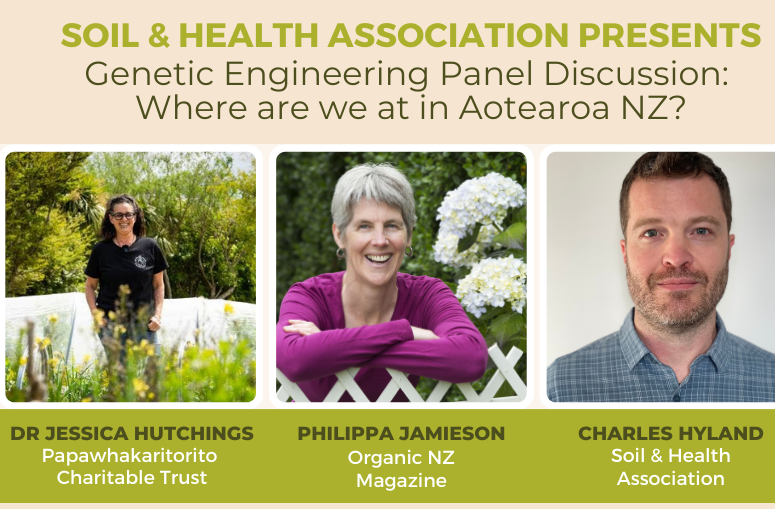Clean waterways
New Zealand’s waterways are in a dire state with a staggering 60% of monitored rivers being unsafe for swimming and 74% of freshwater fish species are threatened. A big factor in this is nitrogen pollution from the increasing intensification of agriculture. Much of the nitrogen pollution comes from cattle urine diffusing through soils and pasture root zones, and from soluble synthetic nitrogen fertilisers, so while planting stream banks and fencing off streams is good, it cannot solve this issue on its own. Going organic is part of the solution to fixing polluted fresh waterways in New Zealand. Organic dairy farming does not use any soluble nitrogen fertilisers, has lower stock density, promotes greater biodiversity, has grass-fed cows, and feed supplements are free of GE ingredients and palm kernel.
Soil & Health Association believes that the bottom line for human health in fresh water bodies should be that they are safe for primary contact i.e. for swimming. Soil & Health believes that freshwater pollution is not merely about farmers breaching rules. What is required is government intervention to lift water quality standards and incentivise more sustainable and organic methods of farming.
Soil & Health supports:
Fencing off stock from waterways.
Riparian strips and buffer zones of vegetation.
Sustainable stock numbers.
Organic and biological farming methods that involve nitrogen fixing pasture species, and healthy living soils with good moisture-holding capacity.
Mixed rotational farming.
Photo credit: Nick Holmes


